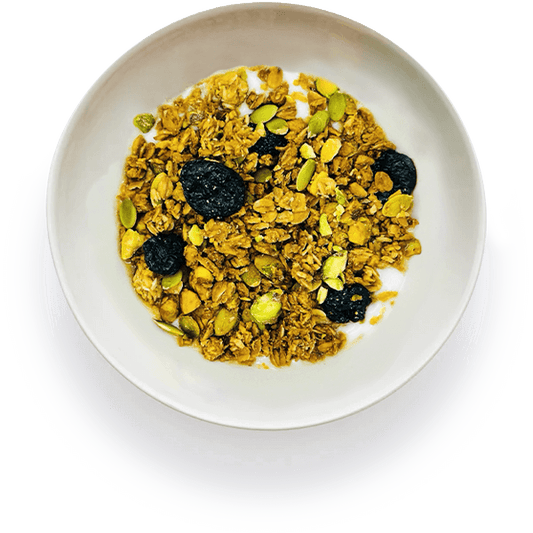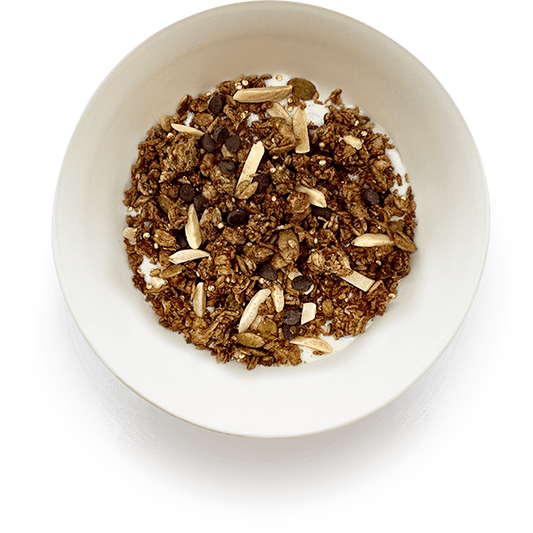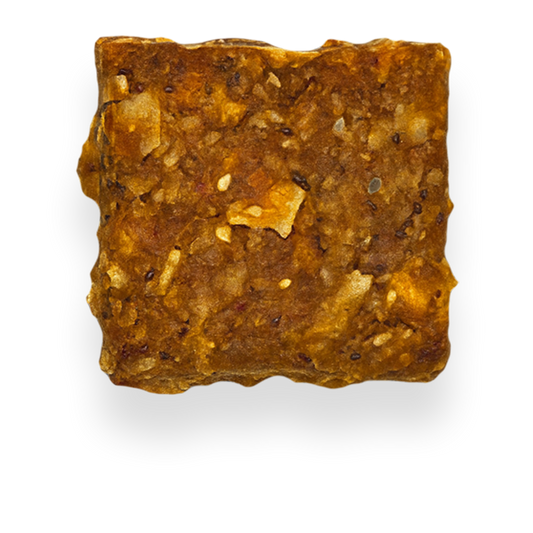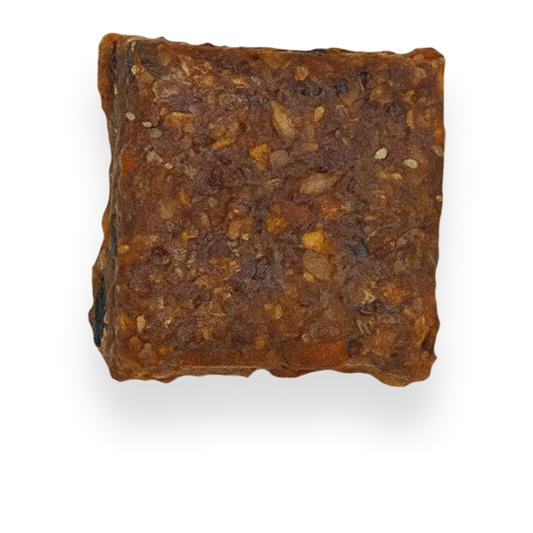Unlocking Weight Loss: Proven Tips and Tricks for a Plant-Based Diet
By FireRoad
Embarking on a plant-based diet for weight loss is not just a trend but a lifestyle choice that opens up a world of flavors and nutrients. This diet plan is full of healthy foods that nourish your body while helping you shed those extra pounds. In this article, we will explore essential tips and tricks to make your plant-based diet not only effective for weight loss but also enjoyable. Let’s dive deeper into how a plant-based diet can support your fitness goals while keeping your taste buds satisfied.
Understanding the Basics of a Plant-Based Diet
A plant-based diet is primarily composed of fruits, vegetables, legumes, nuts, seeds, whole grains, and plant-derived oils. This eating pattern significantly reduces or eliminates animal products, making it rich in fiber, vitamins, and antioxidants. A key aspect of this diet is finding the right balance of macronutrients, including adequate protein to support fitness goals while ensuring variety and flavor.
The Benefits of a Plant-Based Diet for Weight Loss
Switching to a plant-based eating style offers numerous benefits for anyone seeking to lose weight:
- Higher in Fiber: Foods in a plant-based diet are often high in fiber, which promotes a feeling of fullness and can reduce overall calorie intake.
- Low in Calories: Many plant foods are low in calories yet high in volume, allowing you to eat larger portions without exceeding your daily caloric limit.
- Nutrient-Dense: A variety of fruits, vegetables, and legumes provide essential nutrients that our bodies need to function optimally while helping to maintain a healthy weight.
- Reduced Appetite: The combination of fiber, water, and nutrients in plant-based foods can help keep your appetite in check, reducing the temptation to snack on less healthy options.
Getting Started: Key Tips for Success
Transitioning to a plant-based diet can be both exciting and challenging. Here are some practical tips to help you make the shift successfully:
1. Gradual Transition
Instead of going all in at once, consider implementing a gradual transition. Start by incorporating more plant-based meals each week while cutting down on animal products. This approach not only makes it easier for your body to adjust but also allows you to savor the new flavors and dishes.
2. Explore Various Sources of Protein
One concern people often have when moving to a plant-based diet is adequate protein intake. Thankfully, there are numerous plant-based sources of protein, such as:
- Beans and Legumes (lentils, chickpeas, black beans)
- Nuts and Seeds (quinoa, hemp seeds, almonds)
- Whole Grains (brown rice, whole grain bread, oats)
- Plant-based Protein Powders (pea protein, rice protein)
Make sure to include these protein-rich foods in your meals for optimal muscle maintenance, especially if you’re engaging in regular fitness activities.
3. Emphasize Whole Foods
Focus on whole, unprocessed foods to maximize nutrients and flavor. While it’s easy to find plant-based substitutes for dairy and meat, many processed alternatives can be high in calories and low in nutrients. Aim for colorful vegetables, fruits, and whole grains to pack your meals with the nutrients your body needs.
4. Plan Your Meals
Planning your meals ahead of time can save you from making impulsive and potentially unhealthy choices. Meal prep can help you maintain a balanced diet while keeping your calorie intake in check. Consider creating a weekly meal plan highlighting protein sources, healthy fats, and plenty of vegetables.
Flavoring Your Plant-Based Meals
A common misconception is that a plant-based diet lacks flavor. However, you can enhance your meals' taste by experimenting with different herbs, spices, and cooking methods. Here are some ideas to spice things up:
1. Herbs and Spices
Using fresh herbs and spices can significantly elevate the flavor of your plant-based dishes. Try incorporating:
- Basil and Oregano in sauces and salads
- Cumin and Coriander in bean dishes
- Smoked Paprika for a smoky taste
- Chili Flakes for an extra kick
2. Creative Cooking Techniques
Incorporate different cooking methods to enhance the flavor of your meals. Roasting vegetables can bring out their natural sweetness, while grilling adds a delicious char. Try stir-frying with a splash of low-sodium soy sauce or coconut aminos for added depth.
3. Sauces and Dressings
Make your own healthy sauces and dressings using wholesome ingredients. A simple vinaigrette made with olive oil, vinegar, mustard, and garlic can add a burst of flavor to salads. You can also create creamy dressings using blended nuts or tahini.
Staying Motivated on Your Plant-Based Journey
Maintaining motivation while making dietary changes is essential for lasting success. Here are some strategies to keep you on track:
1. Set Realistic Goals
Establish achievable and measurable goals to track your progress. Instead of aiming for drastic weight loss, consider focusing on incorporating more plant-based meals each week. Celebrate small victories to boost your motivation.
2. Join Supportive Communities
Connecting with others who share your passion for plant-based living can be immensely beneficial. Look for local groups, online forums, or social media communities where you can share experiences, trials, and triumphs.
3. Experiment and Get Creative
Keep your meals interesting by trying new recipes. Experimenting with new ingredients and dishes can keep you excited about your meals and make it easier to stick to your diet plan. You never know; you might discover a new favorite dish!
The Importance of Mindful Eating
Mindful eating is crucial in understanding your body's hunger and fullness cues. This practice encourages you to savor the flavors and textures of your food while promoting an overall healthier relationship with food. Here’s how you can practice mindful eating:
- Slow Down: Take your time to chew your food and appreciate the taste and flavors.
- Eliminate Distractions: Avoid using your phone or watching TV during meals to fully focus on your food.
- Listen to Your Body: Pay attention to your hunger signals and stop eating when you are satisfied, not stuffed.
Bringing it All Together
Transitioning to a plant-based diet for weight loss can be a transformative experience. By embracing the plethora of flavors, nutrients, and benefits that this lifestyle offers, you can make significant strides towards your health and fitness goals. Remember to plan your meals, incorporate a variety of protein sources, experiment with flavors, and practice mindfulness while enjoying your food. Each step you take towards a plant-based lifestyle brings you closer to achieving a healthier, happier you.
So, get ready to explore and enjoy; your journey to health and weight loss will be nothing short of delicious!











